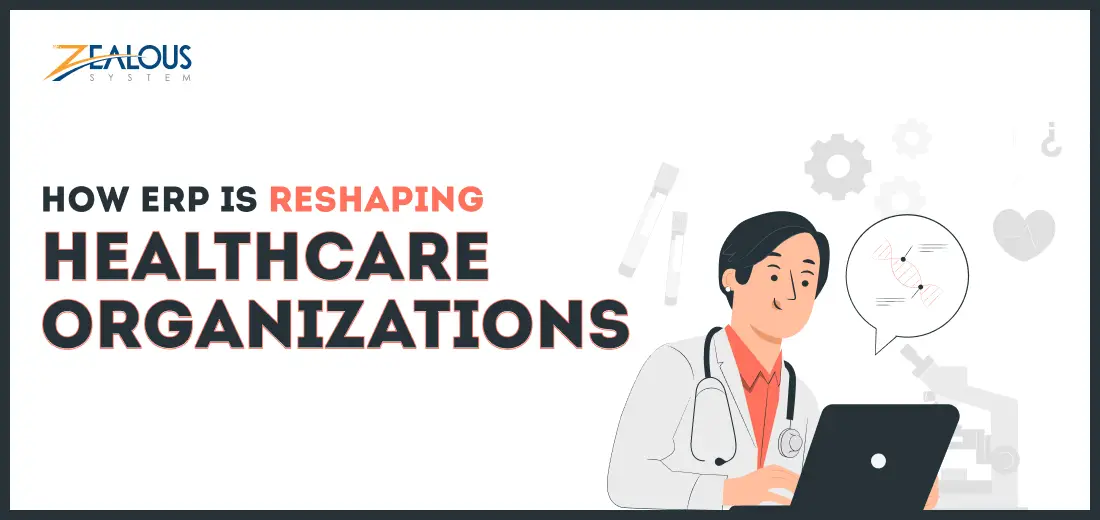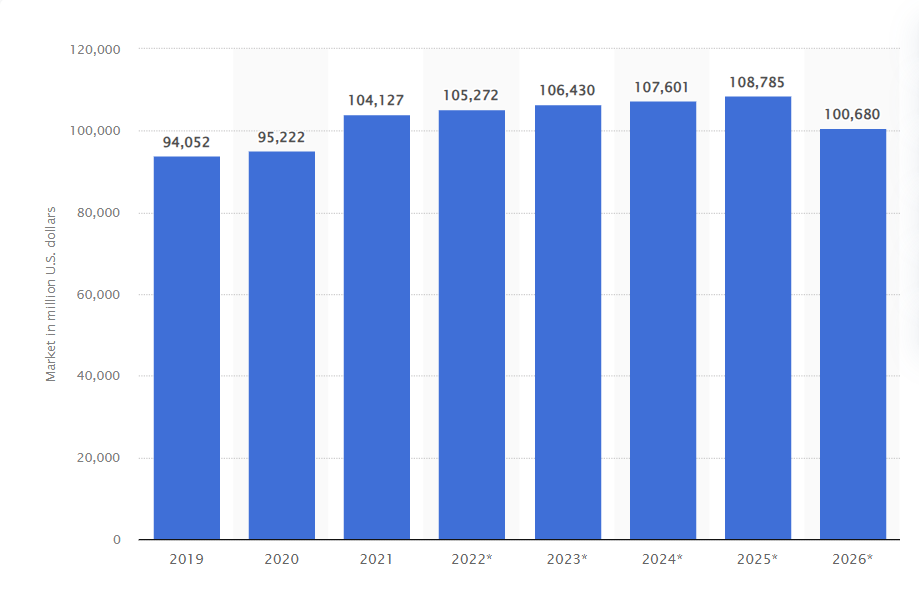
- Company
- Services
- UI/UX Design Services
- Microsoft Dynamics 365
- Mobile App Development
- AI Software Development
- Web App Development
- Generative AI Development
- Digital Product Development
- Enterprise Mobility
- SaaS Application Development
- Application Integration
- White-label WP Maintenance
- ERP Software Solutions
- Software Testing
- Offshore Development Center
- Let’s Connect
- Trending
- Technology
- Industry
- Build Your Team
- Our Work
- Company
- Services
- UI/UX Design Services
- Microsoft Dynamics 365
- Mobile App Development
- AI Software Development
- Web App Development
- Generative AI Development
- Digital Product Development
- Enterprise Mobility
- SaaS Application Development
- Application Integration
- White-label WP Maintenance
- ERP Software Solutions
- Software Testing
- Offshore Development Center
- Let’s Connect
- Trending
- Technology
- Industry
- Build Your Team
- Our Work
We use cookies and similar technologies that are necessary to operate the website. Additional cookies are used to perform analysis of website usage. please read our Privacy Policy
How Does ERP Transform Healthcare Organizations?

The healthcare industry is constantly evolving, and healthcare organizations are under increasing pressure to improve efficiency, reduce costs, and deliver high-quality care. Enterprise Resource Planning (ERP) software can play a major role in helping healthcare organizations achieve these goals.
Enterprise resource planning (ERP) software is a suite of integrated applications that helps businesses manage their core processes. ERP systems are used in a wide range of industries, including healthcare, to improve efficiency, reduce costs, and enhance compliance.
ERP systems can help healthcare providers improve patient care by streamlining workflows, providing real-time access to patient data, and automating tasks such as scheduling and billing. The global enterprise resource planning (ERP) software market is forecast to grow to around 101 billion U.S. dollars by 2026.
What Is An ERP System In Healthcare?
ERP systems, or specialized software, can aid in organizing various aspects of healthcare operations. Here’s how:
- Patient Care: These systems enable healthcare professionals to efficiently handle patient information, appointments, and treatment plans. This organized approach improves the quality and coordination of patient care while minimizing the possibility of errors.
- Financial Management: Healthcare institutions benefit from ERP systems in managing their finances effectively. This includes handling billing, managing revenue cycles, and overseeing payroll. Consequently, financial performance improves, and operational costs are reduced.
- Supply Chain Management: ERP systems are instrumental in managing the healthcare supply chain. This entails overseeing inventory, procurement, and logistics to guarantee the availability of necessary supplies at the appropriate locations and times.
- Human Resources: The systems simplify human resource operations within healthcare settings. This encompasses recruitment, onboarding, and training procedures. By doing so, ERP systems improve employee productivity and job satisfaction.
Role of ERP Systems in Healthcare Business
Improving Efficiency
ERP systems in healthcare simplify daily operations by combining tasks like appointment scheduling, patient registration, billing, and inventory management into one neat process. This integration eliminates the need for manual data entry, reducing errors and making operations more efficient. For instance, automated appointment scheduling minimizes the risk of resource underutilization or overbooking.
Elevated Patient Care
ERP systems create a centralized database of patient information, facilitating easy access for healthcare professionals. This means doctors, nurses, and other staff can quickly access a patient’s medical history, medications, and treatment plans. This wealth of information results in more informed decision-making and enables healthcare providers to offer personalized, timely treatment.
Compliance Assurance
Compliance with healthcare regulations is paramount. ERP systems help maintain accurate records, making adherence to regulations like HIPAA in the United States more manageable. Features like audit trails, data encryption, and access controls bolster data security and ensure compliance with legal requirements.
Cost Management
Controlling costs is a crucial part of healthcare management. ERP systems optimize resource allocation by monitoring the use of medical supplies and equipment. This reduces waste and ensures efficient resource allocation. Additionally, they facilitate more effective budget monitoring, resulting in overall cost savings.
Improved Communication
Effective communication among healthcare staff and departments is essential for quality patient care. ERP systems include features for interdepartmental communication, secure messaging, and task assignment. These capabilities foster better collaboration among healthcare professionals, improving coordination and patient outcomes.
Data Protection
Safeguarding patient information and data security is a top priority in healthcare. ERP systems come equipped with robust security features, including user authentication, data encryption, and role-based access control. This ensures compliance with data protection laws like HIPAA in the United States or GDPR in the European Union, making it easier to protect sensitive data.
Benefits of ERP in Healthcare
ERP system in healthcare offers a wide range of benefits that positively impact the efficiency, quality of care, and overall performance of healthcare organizations. Here are key benefits of ERP in healthcare
Efficient Operations
- ERP systems integrate various aspects of healthcare operations, such as patient records, billing, inventory, and HR management, into a centralized platform.
- This integration allows for real-time data sharing, reducing the need for manual data entry and paper-based processes, which minimizes errors and saves time.
- By facilitating operations, healthcare staff can focus on patient care rather than administrative tasks, leading to more efficient workflows and improved overall productivity.
Improved Patient Care
- ERP systems store and provide access to complete patient data, including medical history, test results, and treatment plans, which can be considered as one of the most valuable ERP benefits in healthcare.
- Healthcare professionals can access this information quickly, which is crucial for accurate diagnoses and providing timely treatment.
- The ability to track a patient’s history and progress over time ensures more personalized and effective care, contributing to better patient outcomes.
Upgraded Data Security and Compliance
- In the list of ERP benefits in healthcare, ERP systems incorporate stringent security features, including access controls and encryption, to protect patient data from unauthorized access and breaches.
- They help healthcare organizations comply with industry regulations, such as HIPAA in the United States, by ensuring data privacy and security standards are met.
- Auditing and monitoring tools in ERP systems help organizations maintain compliance and detect and respond to security threats promptly.
Cost Reduction
- As a benefit of ERP in healthcare, there are tools to optimize resource allocation, reducing waste and inefficiencies in healthcare organizations.
- Inventory management modules help control the stock of medical supplies, reducing excess inventory or stockouts, which can lead to cost savings.
- By interpreting operational data, healthcare administrators can identify areas where cost-saving measures can be implemented, making the healthcare organization more financially sustainable.
Reporting and Analytics
- ERP systems provide powerful reporting and analytics tools, allowing healthcare organizations to derive insights from their data.
- This data-driven decision-making enables healthcare organizations to monitor performance, identify trends, and adapt strategies accordingly.
- For example, data analytics can help predict patient demand, optimize staff scheduling, and identify areas where quality improvement initiatives are needed, ultimately leading to more effective and patient-centered care.
Conclusion
In conclusion, ERP systems play a pivotal role in optimizing healthcare business operations, improving patient care, ensuring financial stability, and facilitating compliance with regulatory standards. As technology continues to advance, the role of ERP in healthcare is likely to expand further, contributing to the ongoing transformation of the healthcare industry.
If you are looking for a solution and are tired of searching for benefits of ERP in healthcare, get yourself a custom ERP software development company that transforms your whole healthcare game. One such example is Zealous, which is an ERP software company having expertise in the healthcare domain. Got more questions? Reach out to us!
We are here
Our team is always eager to know what you are looking for. Drop them a Hi!
Pranjal Mehta
Pranjal Mehta is the Managing Director of Zealous System, a leading software solutions provider. Having 10+ years of experience and clientele across the globe, he is always curious to stay ahead in the market by inculcating latest technologies and trends in Zealous.
Table of Contents
×


Comments